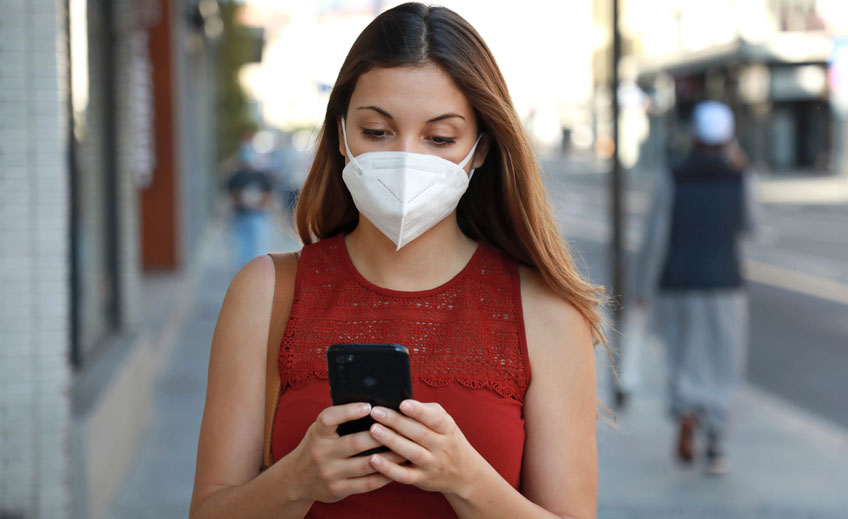Everything you need to know about Louisiana’s contact tracing program (but were afraid to ask)

(Image via Shutterstock)
By Mike Scott, mscott@stph.org
By now, you’ve probably heard about contact tracing as a method to control the COVID-19 coronavirus pandemic. But what is “contact tracing,” exactly? And how does it work?
Here’s a quick primer, based on information provided by the Louisiana Department of Health:
The basics
The beginning of the phased reopening of Louisiana last Friday (May 15) means people will finally get a chance to get out and about on a more regular, if still limited, basis. But that also means people will also have more contact with others than they have in two months.
To try to ensure that doesn’t result in an unmanageable spike in coronavirus infections, the Louisiana Department of Health is hiring as many as 700 people as “contact tracers” to interview those who have tested positive for COVID-19. The goal is to identify all “close contacts” who may have been exposed to the infected person.
A close contact is defined as a person who was within 6 feet of an infected person for at least 15 minutes starting from 48 hours before the onset of the illness until the time the infected patient is isolated.
Those close contacts will then also be called and advised they might have been exposed to the virus.
Two contractors, Accenture and Salesforce, have been contracted to manage the state’s contact tracing process. They will operate two Louisiana-based call centers. One will be in the Lafayette area and the other in the New Orleans area.
How it works
According to LDH, the contact tracing process will work as follows:
- People who test positive for COVID-19 will be called by a contact tracer. The number that will appear when the contact tracer calls is (877) 766-2130. It is recommended that people add it to their phone’s list of recognized contacts so it doesn’t appear as an unsolicited spam call.
- The contact tracer will ask questions about the person's health status, where they have traveled and who else they have been in contact with during the time the person was contagious.
- The contact tracer will then call any close contacts that might have been exposed to the virus.
- Contact tracers will advise the close contacts to stay home and monitor their symptoms. They might also advise them to get tested.
- The contract tracer will also try to link the person who tested positive and their close contacts to important health and social services that might be needed while they are required to stay at home.
- To protect privacy, those who are called by a contact tracer are only informed that they may have been exposed to the virus on a certain date. They are not told the identity of the person who may have exposed them.
What if I’m called?
Contract tracers will also offer the following advice:
- Steps to take if you have possible or confirmed COVID-19.
- Stay home from work, school, and other public places.
- When at home, stay in a specific room and away from others, and use a separate bathroom
- Cover your cough and sneezes.
- Monitor your symptoms.
- Get rest and stay hydrated.
- Wash your hands often with soap and water for at least 20 seconds or use a hand sanitizer that contains at least 60% alcohol.
- Avoid sharing personal items with other people in your household.
- Clean all surfaces that are touched often, like counters, tabletops, and doorknobs. Use household cleaning sprays or wipes according to the label instructions.
- If you have a medical appointment, call your healthcare provider and tell them of your COVID-19 status.
- Call 911 for medical emergencies and alert them that you have or may have COVID-19.
*****
Visit STPH.org/COVID-19 for the latest information on coronavirus in St. Tammany Parish.